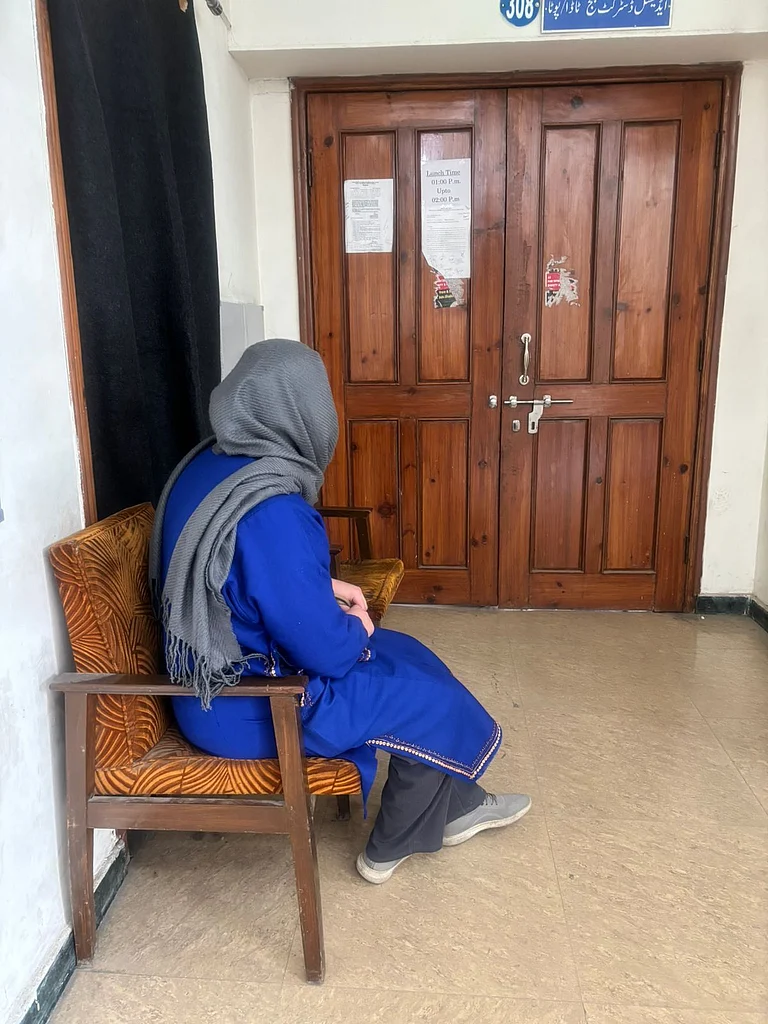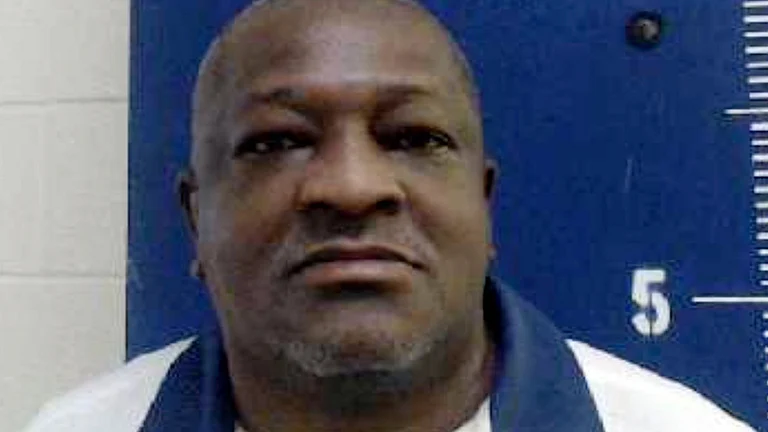Voters of California have approved Proposition 1, in a move to combat California's homelessness crisis, which imposes strict spending requirements on counties for housing and drug treatment programs. The measure, championed by Governor Gavin Newsom, secured a narrow victory, underscoring growing concerns over the state's handling of homelessness issues.
Unease Over Homelessness Policies
Despite significant investments by Newsom's administration, including billions of dollars allocated to address homelessness, the lack of substantial progress in cities like Los Angeles has raised doubts about existing policies. California, home to nearly a third of the nation's homeless population, grapples with approximately 181,000 individuals in need of housing.
Proposition 1: Historic Reform Effort
Proposition 1 represents a landmark change in California's approach to homelessness. It mandates that counties allocate a significant portion of funds, generated from a voter-approved tax on millionaires, towards housing and programs for homeless individuals with mental health or substance abuse issues. This shift marks the most significant update to the state's mental health system in two decades.

Key Provisions of Proposition 1
The measure requires counties to allocate about two-thirds of funds from the millionaire tax for housing and services targeting homeless individuals with severe mental illnesses or substance abuse disorders. Additionally, Proposition 1 enables the state to borrow $6.38 billion for the construction of housing units and the expansion of mental health and addiction treatment facilities.
Criticisms and Concerns
While proponents applaud Proposition 1 as a crucial step forward, opponents, including social service providers and county officials, express concerns. They fear that the measure's focus on housing and drug treatment may jeopardize programs aimed at preventing homelessness. Critics also highlight potential disparities in funding allocation between urban and rural counties.
Voters, reflecting diverse viewpoints, weighed in on Proposition 1. Some, like William Elias from Sacramento, supported the measure due to the pressing homelessness issue, while others, like Katherine Wolf from Palm Springs, expressed reservations about potential infringements on individuals' rights.
What are ongoing challenges and further plans?
Despite Proposition 1's passage, California continues to grapple with the complexity of homelessness. Newsom's administration faces ongoing scrutiny over the effectiveness of its strategies, with critics like Griffin Bovee questioning the state's handling of taxpayer funds amidst persistent challenges.
With the approval of Proposition 1, California enters a new phase in its battle against homelessness. Implementation of the measure will require concerted efforts from state and local leaders to address the root causes of homelessness and provide comprehensive support to vulnerable populations.




























